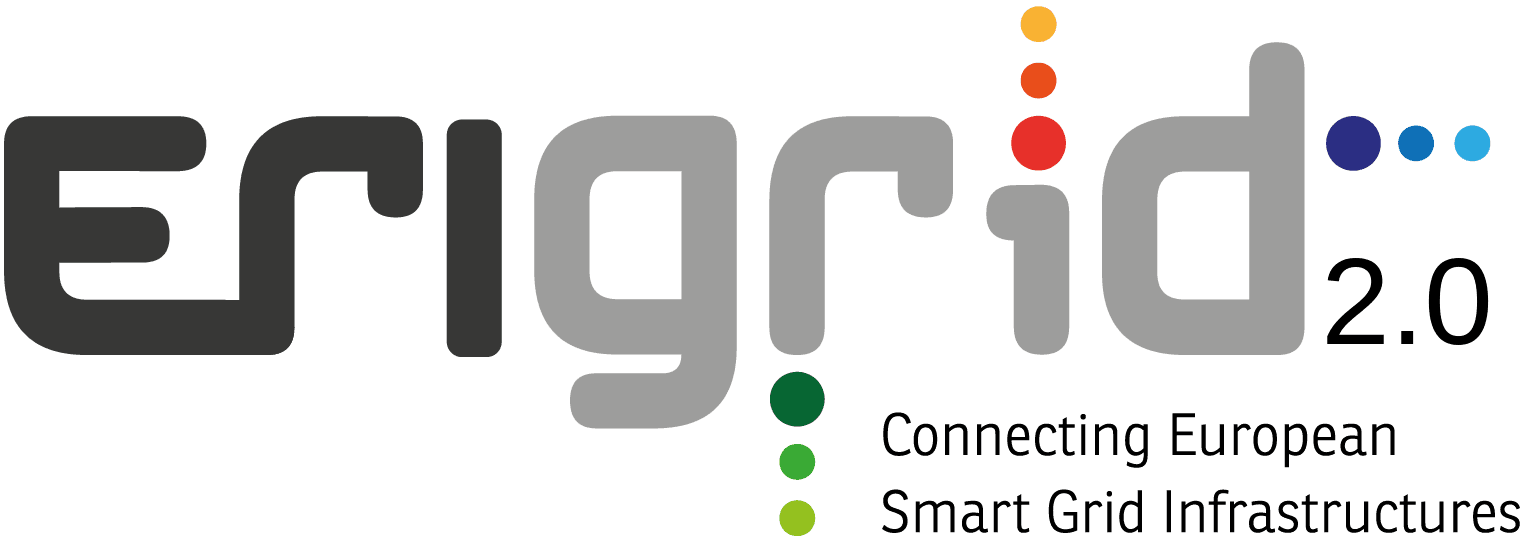For realising complex future solutions and technologies, system-level developments and testing are required. However, proper validation approaches, concepts, and tools have been partly missing until now. In order to tackle this issue, the predecessor project ERIGrid addressed the system-level validation of smart grids, covering mainly electric power system, information and communication issues. The current ERIGrid 2.0 project widened and advanced the provided lab access in order to fulfil the challenging goals of the European Union towards a clean, secure, and efficient energy transition to face climate and energy challenges.
ERIGrid 2.0 is a single-entry point for researchers active in smart grids, smart energy systems, and integration of renewables, as it offers a broad spectrum of advanced services, methods, and tools. This will further strengthen the technical leadership of Europe in the energy domain and foster research and innovation to extend its leading role.
Led by the AIT Austrian Institute of Technology, the European consortium of innovative research and development laboratories offers research infrastructure of the ERIGrid 2.0 partners to researchers and experts for developing, testing and validating modern power supply systems, the integration of renewable energies, the digitalisation of the networks and intelligent energy systems. The project is based on holistic, cyber-physical validations of the energy system, which can also be carried out in virtual environments. All in all, 21 smart grid and smart energy systems laboratories and 8 facilities with virtual access are available free-of-charge for successful applicants from all over the world to advance their own research.
ERIGrid 2.0 partners (in green) and their laboratories for open access:

| Title | ERIGrid 2.0: European Research Infrastructure supporting Smart Grid and Smart Energy Systems Research, Technology Development, Validation and Roll Out – Second Edition |
| Partners | 20 partners from research, academia and industry |
| Laboratories | 21 first-class European laboratories involved |
| Countries | 13 European countries represented in the consortium |
| Duration | 1 April 2020 – 30 September 2024 |
| Funding scheme | RIA – Research and Innovation Action |
| Budget | € 9,999,988.25 funded by the European Commission |
- AIT Austrian Institute of Technology GmbH (AIT) – Coordinator
- Commissariat à l’énergie atomique et aux énergies alternatives (CEA)
- Centre for Renewable Energy Sources and Saving (CRES)
- Danmarks Tekniske Universitet (DTU)
- Technische Universiteit Delft (TUD)
- European Distributed Energy Resources Laboratories e.V. (DERlab)
- Fraunhofer IEE (IEE)
- Hellenic Electricity Distribution Network Operator (HEDNO)
- Institute of Communication and Computer Systems (ICCS)
- JRC-Joint Research Center European Commission (JRC)
- OFFIS EV – Institute for Information Technology (OFFIS)
- Ormazabal Corporate Technology, A.I.E. (OCT)
- Ricerca sul Sistema Energetico – RSE SPA (RSE)
- Reinisch-Westfählische Technische Hochschule Aachen (RWTH)
- SINTEF Energi AS (SINTEF)
- Fundacion TECNALIA Research & Innovation (TEC)
- University of Cyprus (UCY)
- University of Strathclyde (UST)
- VTT Technical Research Centre of Finland (VTT)
- KEMA BV (KEMA)




